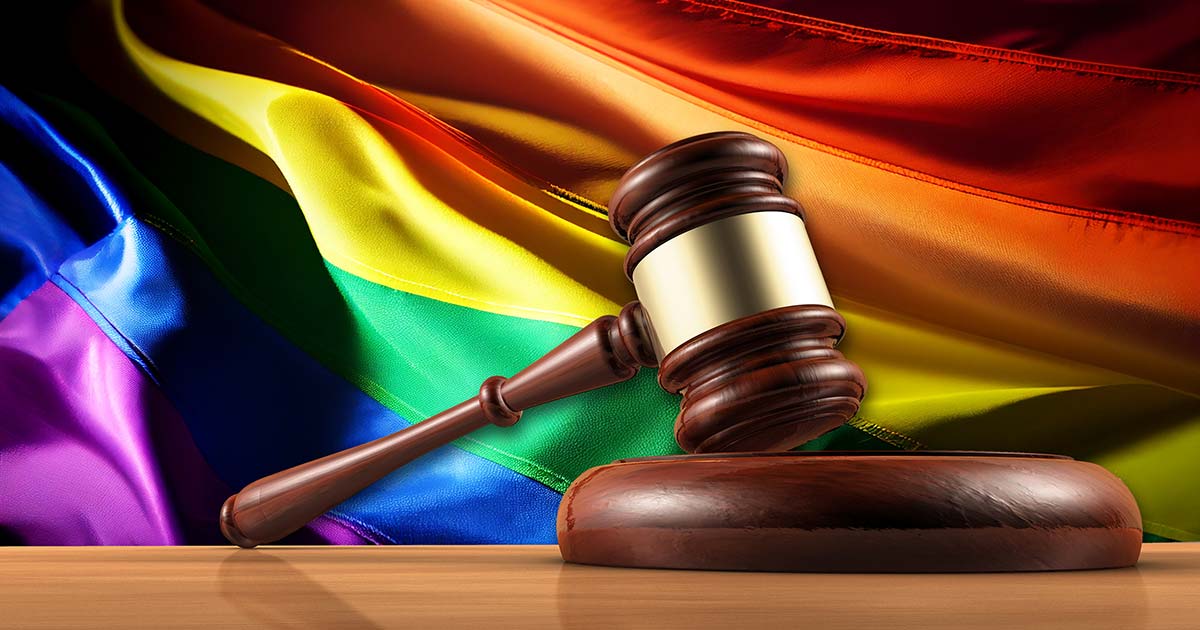Russia: Woman jailed for wearing rainbow earrings

At least three people in Russia have been prosecuted for displaying rainbow symbols since the country’s Supreme Court proclaimed the “international LGBT movement” an “extremist organisation”.
This declaration has triggered a wave of prosecutions targeting individuals displaying rainbow symbols, amplifying concerns about the state of LGBT+ rights in the country.
Prosecutions and Penalties
In late January in Nizhny Novgorod, a woman was sentenced to five days in detention for the seemingly innocuous act of wearing rainbow earrings in public.
According to Reuters, the woman’s choice of earrings, shaped like a frog, drew the ire of a group in a cafe who aggressively demanded she remove them.
Despite their demands, she refused. The incident was captured on video and shared online, drawing the attention of the police.
Similarly, in Volgograd, a man found himself in legal trouble after posting an image of the LGBT+ flag on the internet.
He was prosecuted for “displaying the symbols of an extremist organisation” and fined 1,000 rubles after admitting guilt and issuing an apology.
Additionally, in a separate case, artist and photographer Inna Mosina from Saratov received a fine of 1,500 rubles for sharing images of rainbow flags on her Instagram account, reported AP.
The court cited the Supreme Court’s ruling as the basis for its judgment, further solidifying the punitive measures against those expressing support for LGBT+ rights.
Escalating Restrictions on LGBT+ Rights
The Supreme Court’s decision to classify the international LGBT+ movement as extremist comes amidst a broader pattern of escalating restrictions on LGBT+ rights in Russia.
This move, made in November last year, places the LGBT+ community in a precarious position, impeding their ability to advocate for their rights.
Notably, the ruling was issued following a four-hour closed-door hearing, attended solely by representatives of the Justice Ministry, which had initiated the motion.
Despite objections from seven Russian human rights groups arguing against the existence of an “international LGBT movement,” the court proceeded with its decision.
This latest development adds to a series of legislative measures aimed at curtailing LGBT rights in Russia over the past decade. In 2013, President Vladimir Putin signed a federal law prohibiting the promotion of “non-traditional” sexual relationships to minors, a move widely criticised for its discriminatory nature.
Subsequently, this law has been utilised to suppress LGBT+ Pride events and censor positive portrayals of LGBT+ individuals. In 2022, legislators expanded the scope of the 2013 law to encompass a ban on LGBT+ public information or activities for all Russians.
Leave a Reply